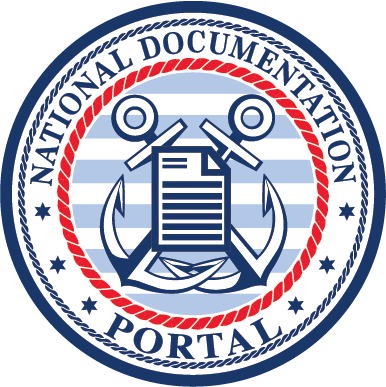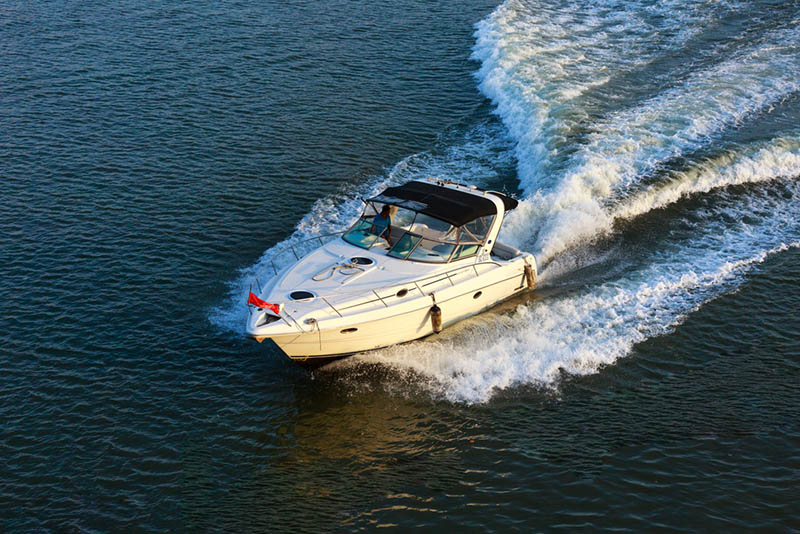The Maritime Administration of the United States (Marad) grants waivers of the existing regulations only when your intended purpose doesn’t cause “undue adverse effect” on other operators or shipbuilders. A Marad waiver exempts provisions that may occur under one particular set of circumstances. Primarily, it depends on the use to which you intend to use your vessel. It pertains only to commercial vessels and their use and not to craft used purely for pleasure and personal use. The waiver doesn’t mean that you can forego all the other requirements of registering and licensing a craft for commercial use and all the subsequent regulations. To get a concrete answer to this question it is better to consult maritime law experts. For a quick summary of those regulations read further.
What Vessels Qualify for a Marad Waiver?
- Your vessel must be less than three years of age.
In other words, the vessel must be a fairly recent build and deemed sea-worthy because of its relatively short working life or existence.
- When in service, the vessel cannot exceed a capacity of twelve passengers.
This is to restrict the waiver to small vessels and doesn’t include the crew.
- The only intended use under which you can obtain the waiver is for commercial passenger transportation.
Other commercial activities such as the carrying of cargo, towing, salvage, dredging or commercial fishing are not allowed. Sport fishing hire is permitted, but only if the catch is not to be sold commercially. Once a waiver has been granted, it is not possible to change the use of the vessel to a different purpose. To do so would nullify the exemption and is against the law. Change of use will entail other applications, and it is better to seek advice from maritime documentation experts.
- The vessel must U.S. owned.
That is, the owners or operators must be U.S. citizens. No foreign-owned vessels will be granted a Marad Waiver.

The Waiver Is Not a Total Exemption
All the other and obligatory documentation that is required for any vessel or craft based in and operating within the United States waters is still necessary. This includes crew manning levels and vessel inspection requirements. Another required step is, once the waiver has been granted, to file an application for a Coastwise Trade Endorsement as a passenger craft, with the U.S. Coast Guard (USCG). This requirement only applies if the vessel is over five net tons. The Coastwise Trade Endorsement applies to all vessels that operate from one point to another point on U.S. soil and within U.S. waters.
The Point of the Waiver
The point of the Marad waiver is to get around the stipulations put forth in the Jones Act 46 U.S.C. 12121, 46 C. FR 388 in which it states that “all commercial vessels carrying cargo or passengers for hire must be built in the United States, owned by U.S. citizens, crewed by U.S. crew members and operated under strict U.S. Coast Guard regulations”. The legislation is meant to protect American maritime business from unfair foreign competition. The Jones Act was passed to safeguard U.S. shipbuilders, but it also helps other U.S. maritime kinds of companies, such as tour operators and ferry services.
Why Would You Need a Waiver?
Although the legislation was passed to enforce the purchase of U.S. built vessels and therefore ensuring the continued economic health of the American shipbuilding industry and its allied services, it is not against maritime law to purchase or operate foreign-built vessels. As the United States is not the only shipbuilding nation in the world and cannot forbid its citizens from buying and operating foreign-built vessels, many craft are of foreign manufacture.
It might be the case that the vessel you have purchased with the intention of using for a small commercial passenger service was built outside of the United States. It may have operated under a foreign flag. It may also have been refitted or modified outside of the U.S. The vessel may originally have been built by an American shipbuilder, sold overseas and reverted back to U.S. ownership. One possible example of this is a foreign-built pleasure craft, bought by a U.S. citizen and converted for use as a small passenger transportation vessel. Any of the above will cause it to fall under the restrictions of the Jones Act and therefore require you, the owner, to apply for a waiver.
The Jones Act
Initially, the introduction of the waiver provision was only meant to apply up until Sept 20, 2002, but it has subsequently been renewed. The onus of the application is to prove that there are no adverse effects to shipbuilders or other passenger transportation services within the geographical area in which you wish to operate.

